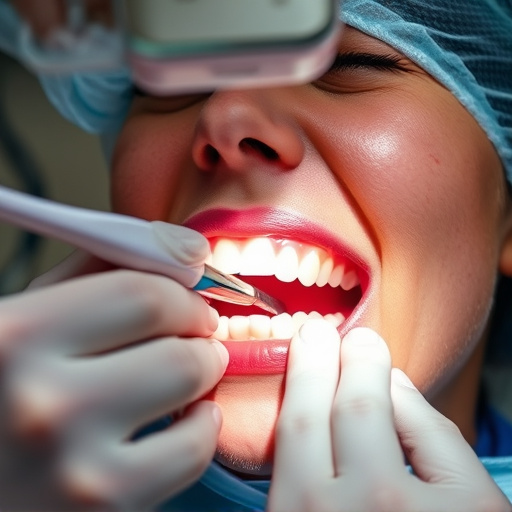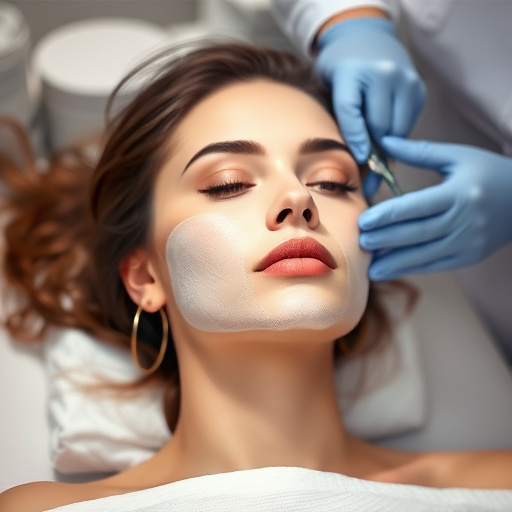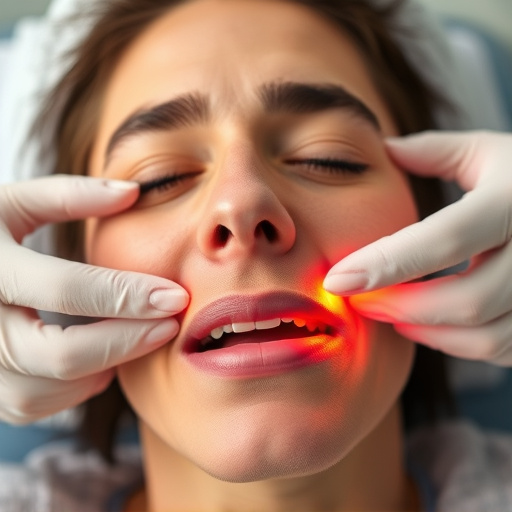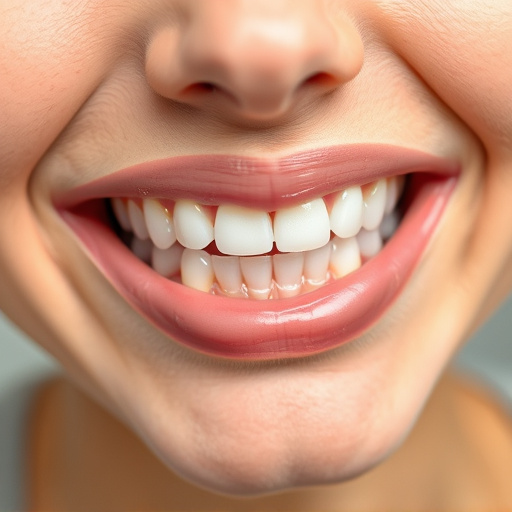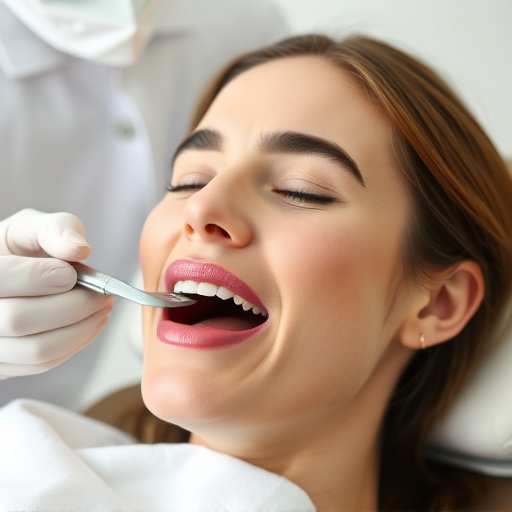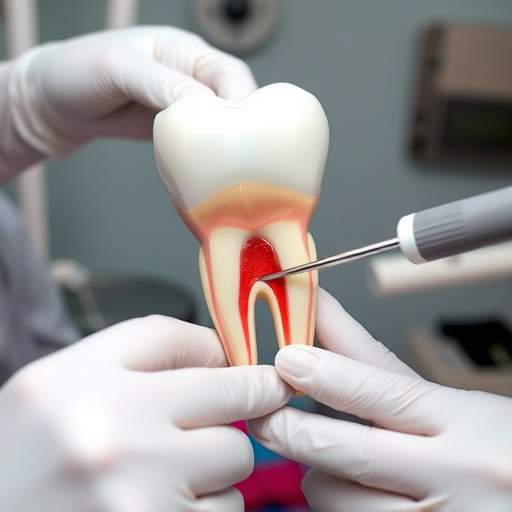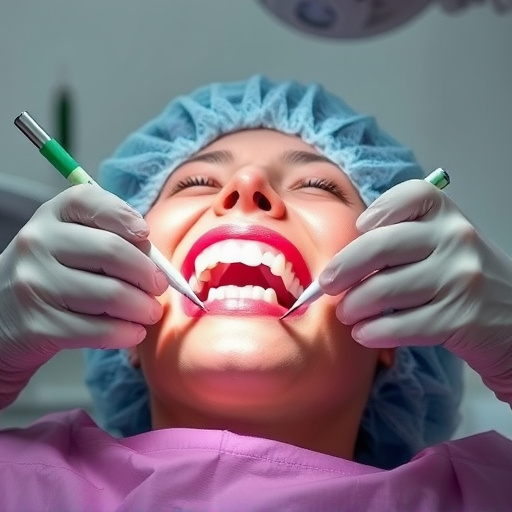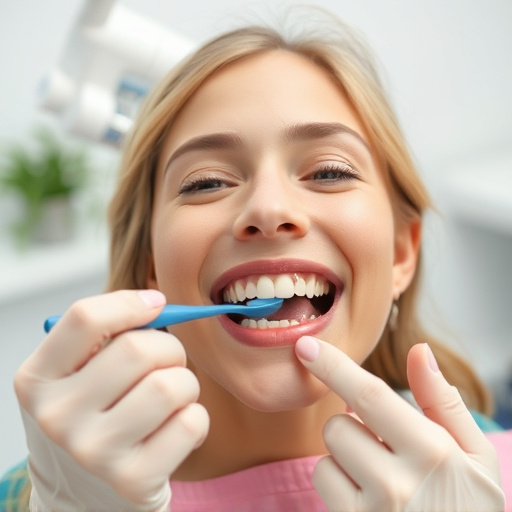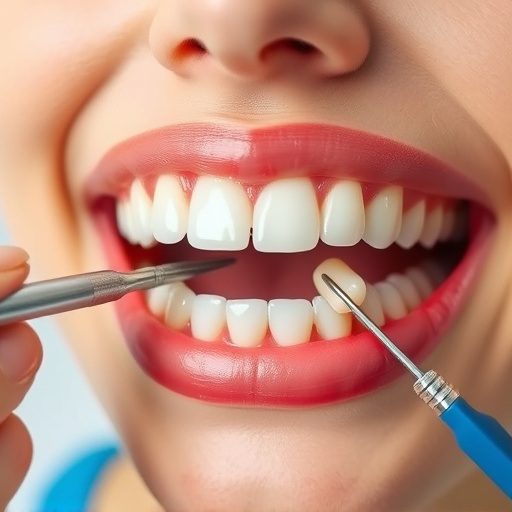Oral hygiene education is a key strategy in preventive dentistry, teaching individuals effective brushing, flossing, and dental exam routines to reduce tooth decay and gum disease. This holistic approach, combined with modern dental solutions like clear aligners, conserves resources, enhances overall wellness, and fosters a positive patient-dentist relationship, ultimately promoting long-term oral health through practices even in children's dentistry.
Better dental visits begin with empowering patients through oral hygiene education. This proactive approach is a cornerstone of preventive dentistry, significantly impacting long-term oral health and reducing the burden of common dental diseases. By educating patients across all age groups—from building good habits in children to tailoring care for seniors—dental professionals can foster self-reliance and confidence. Implement these educational strategies during routine check-ups using visual aids and demonstrations to create an engaging, patient-centric experience that encourages follow-up and promotes optimal oral health.
- The Role of Oral Hygiene Education in Preventive Dentistry
- – The impact on long-term oral health
- – Reducing the burden of dental diseases
The Role of Oral Hygiene Education in Preventive Dentistry
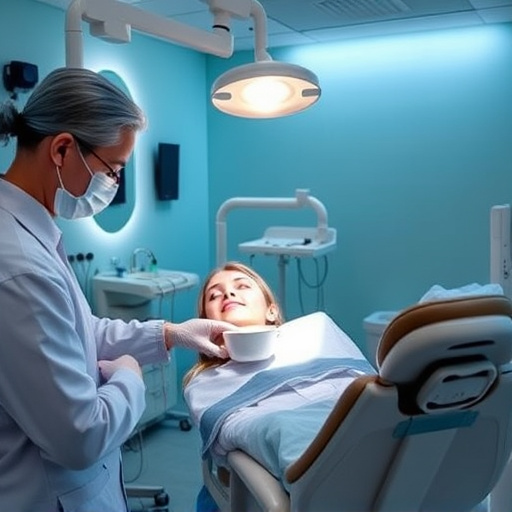
Oral hygiene education plays a pivotal role in preventive dentistry, empowering individuals to take charge of their oral health. By teaching patients about the proper brushing and flossing techniques, as well as the importance of routine oral exams, we can significantly reduce the risk of dental issues like tooth decay and gum disease. This proactive approach not only saves time and money in the long run, but also promotes overall wellness by addressing potential problems before they become severe.
Additionally, incorporating education about clear aligners and other modern dental solutions during these visits ensures patients are well-informed about their treatment options. Dental cleanings, for instance, become more effective when accompanied by a solid understanding of oral hygiene practices at home. This holistic approach fosters a culture of prevention, encouraging folks to maintain their sparkling smiles through consistent care and education.
– The impact on long-term oral health
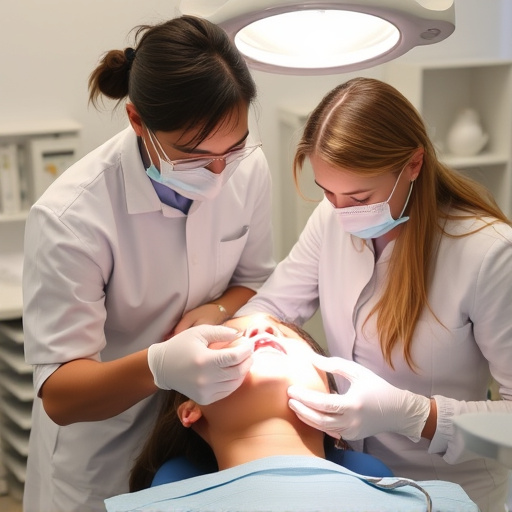
Good oral hygiene is the cornerstone of maintaining long-term oral health. Educating patients, especially children, on proper brushing and flossing techniques can significantly reduce the risk of tooth decay, gum disease, and other dental issues. By instilling good habits from a young age, individuals can avoid costly and invasive procedures such as restorative dentistry and dental fillings, which are often required when oral hygiene is neglected.
Oral hygiene education empowers patients to take control of their dental health. It encourages responsible behavior that prevents the need for frequent dental visits and complex treatments. Moreover, it fosters a positive relationship between patients and their dentists, leading to better communication and a more comprehensive understanding of oral health management. This proactive approach not only benefits adults but also sets children up for a lifetime of healthy smiles through practices in children’s dentistry.
– Reducing the burden of dental diseases
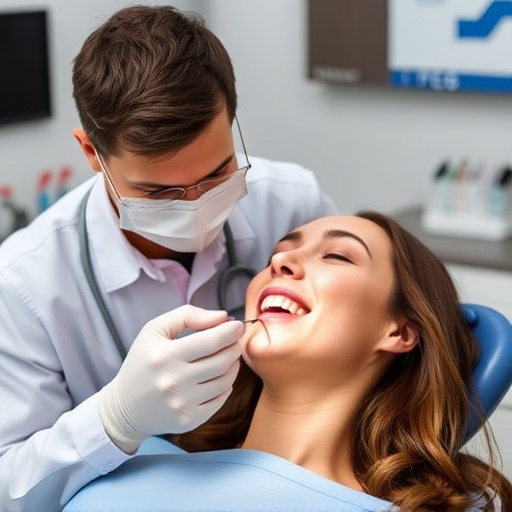
Implementing robust oral hygiene education is a powerful strategy to reduce the prevalence and burden of dental diseases. By equipping individuals with knowledge about proper brushing techniques, flossing routines, and the importance of regular check-ups, we can empower them to take control of their oral health. This proactive approach has far-reaching benefits, especially when considering the economic and social impacts of dental issues. For instance, reducing the need for extensive treatments like dental fillings or even wisdom tooth removal can significantly lower healthcare costs.
Moreover, focusing on oral hygiene education in children’s dentistry sets a foundation for lifelong healthy habits. Teaching young minds about the importance of maintaining good oral hygiene can prevent common problems such as tooth decay and gum disease at an early age. This, in turn, contributes to better overall health outcomes and reduces the future demand for dental procedures, making it a crucial step towards a healthier society.
Oral hygiene education is a powerful tool for empowering individuals to take control of their oral health. By implementing these educational strategies, we can foster better dental visits and significantly reduce the prevalence of dental diseases. Investing in oral hygiene education is an investment in long-term oral health, ensuring a brighter and healthier future for all.


